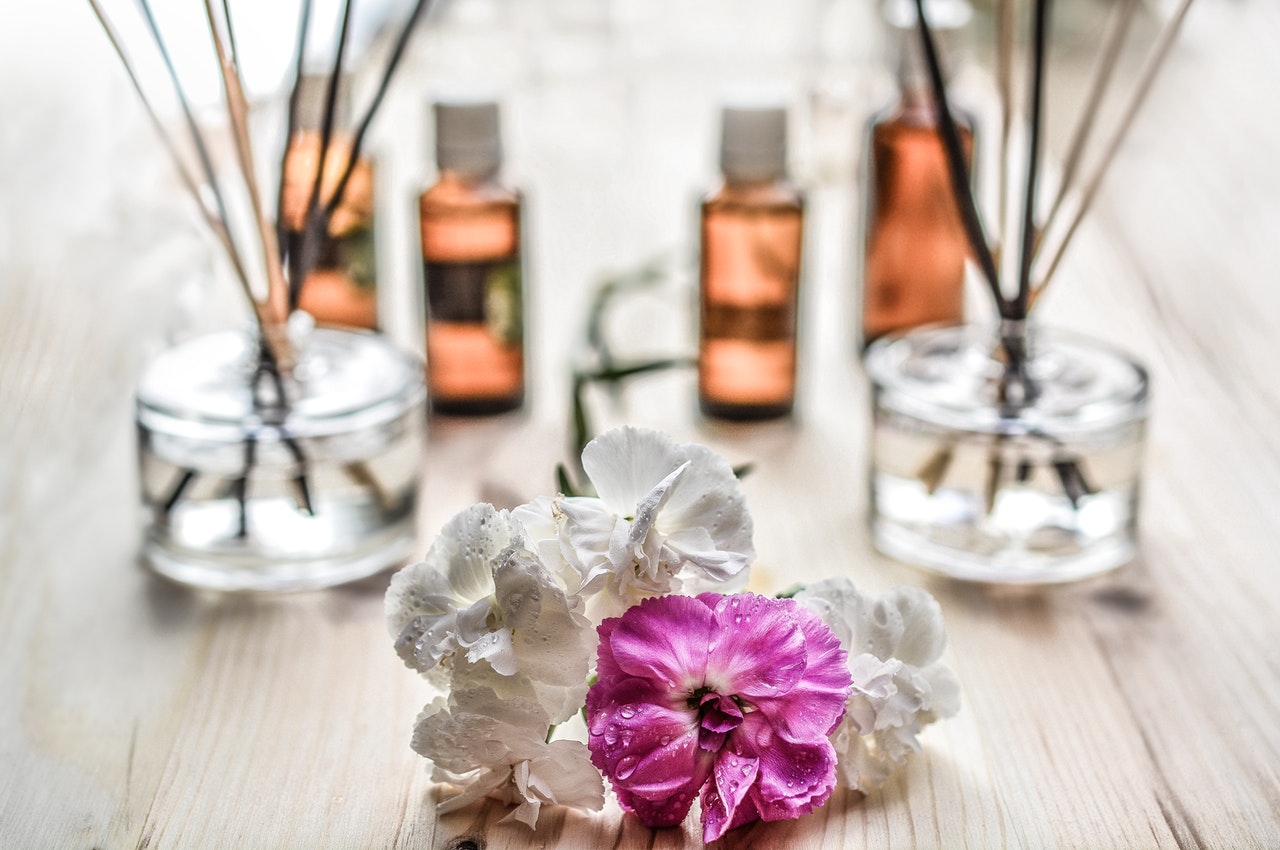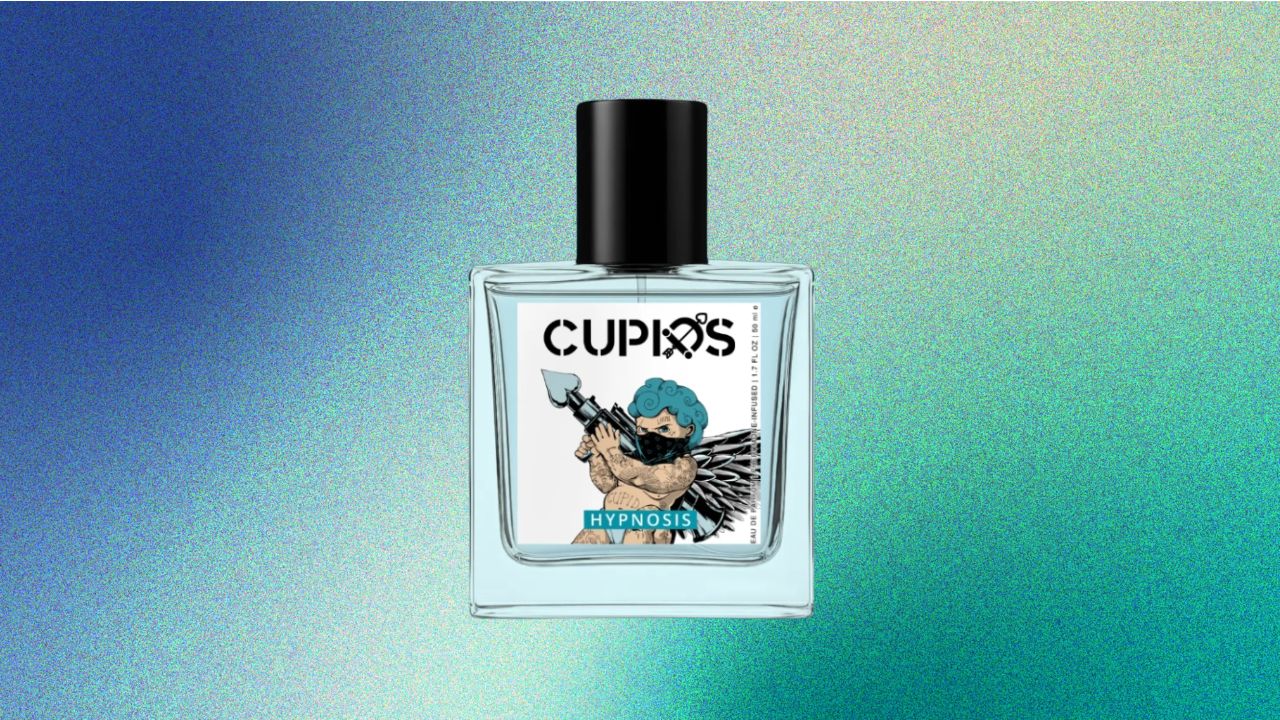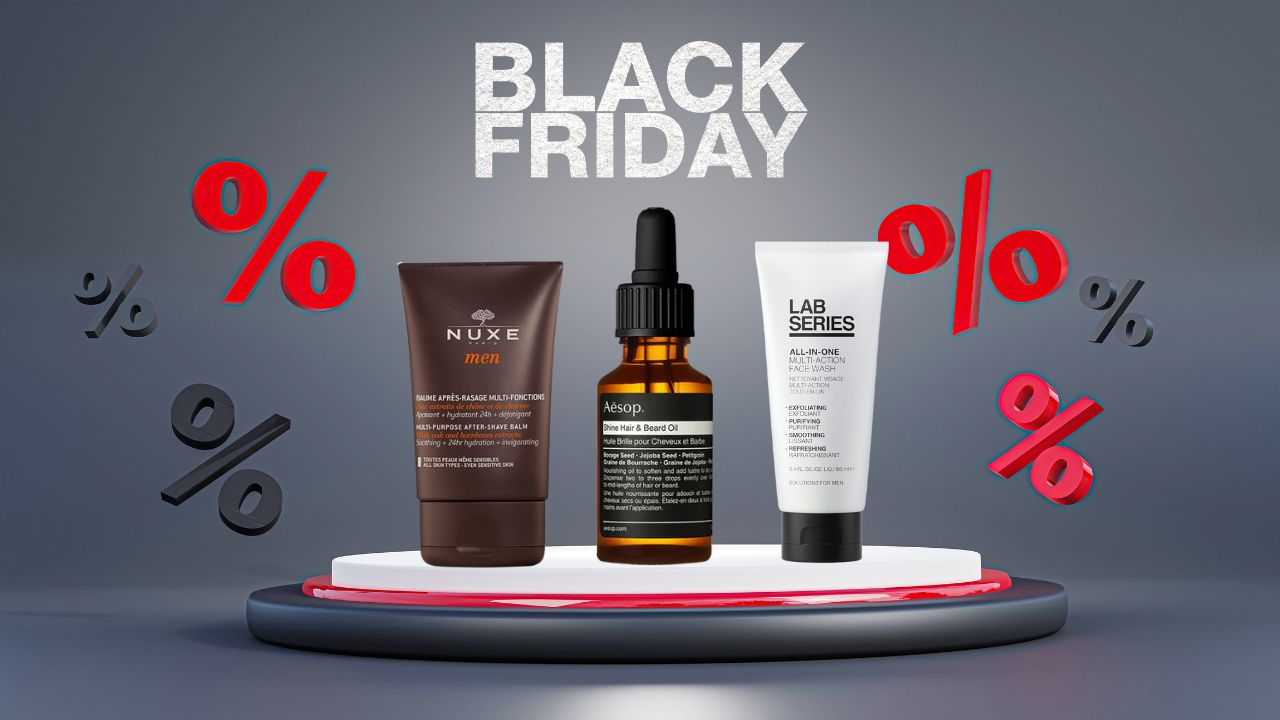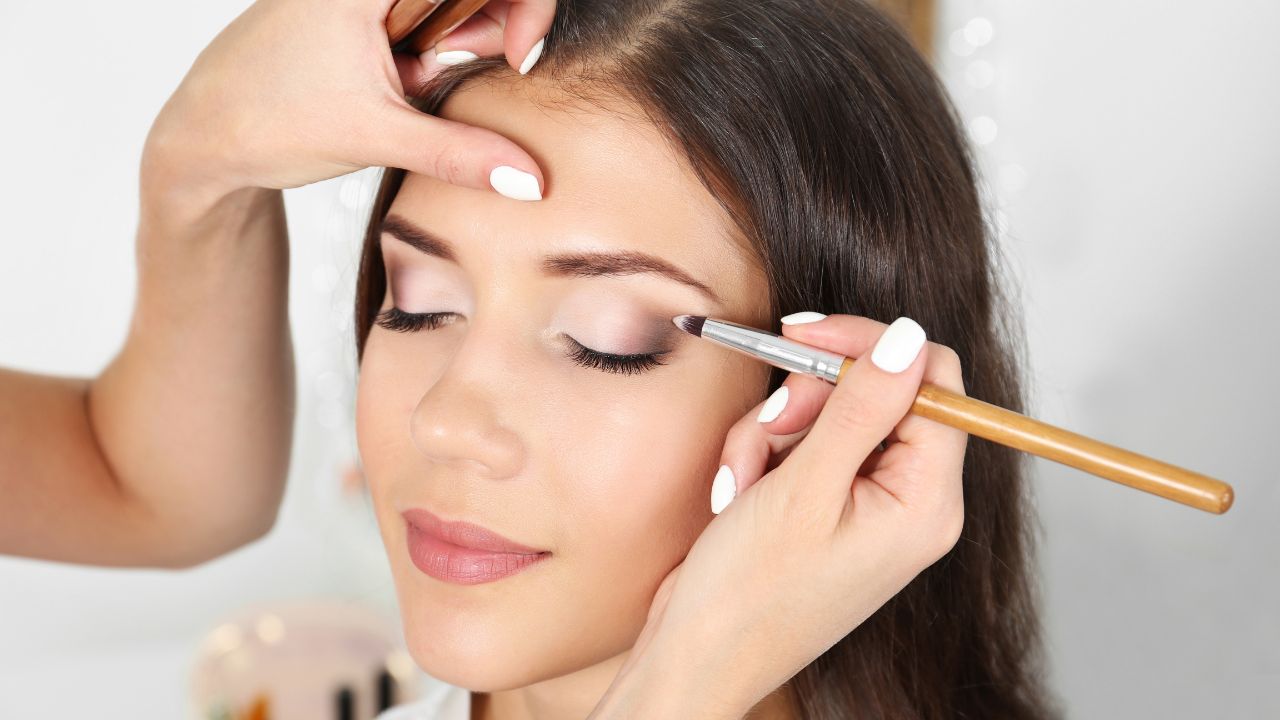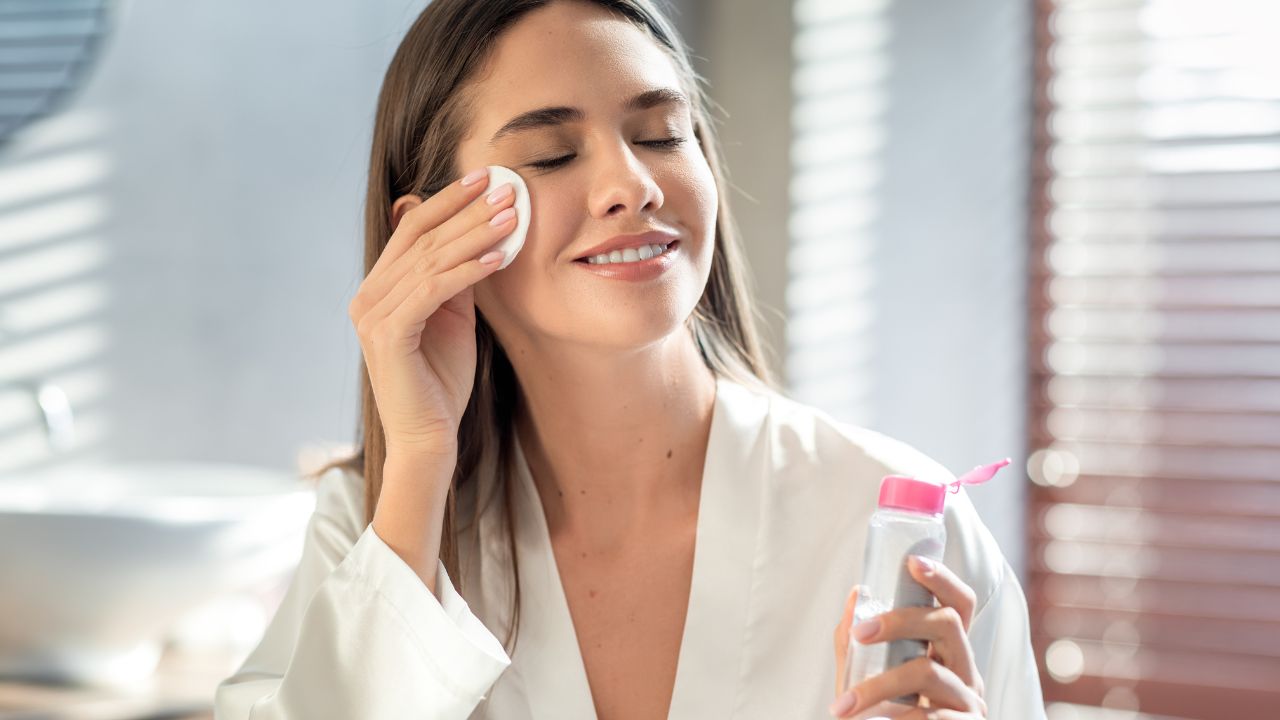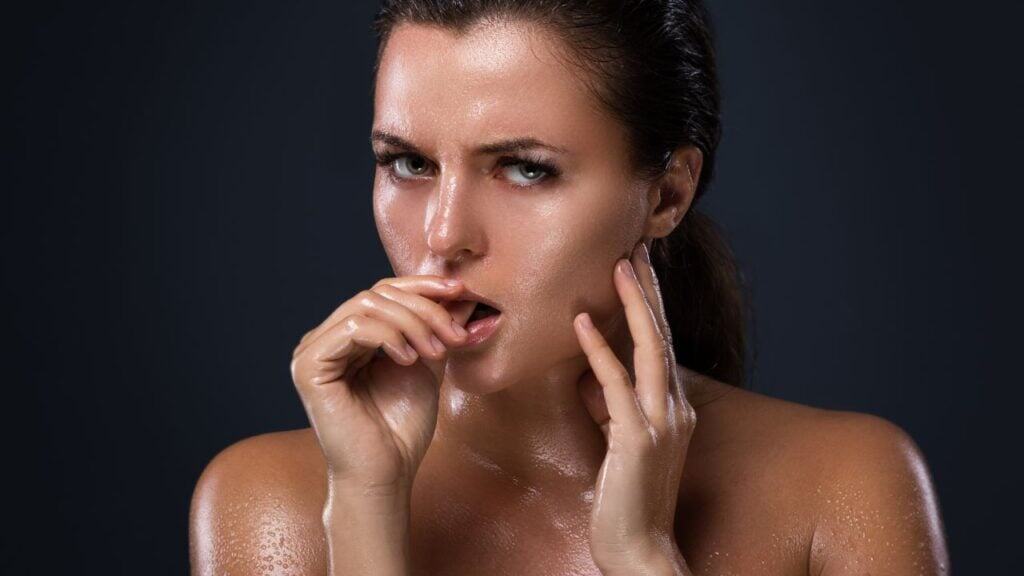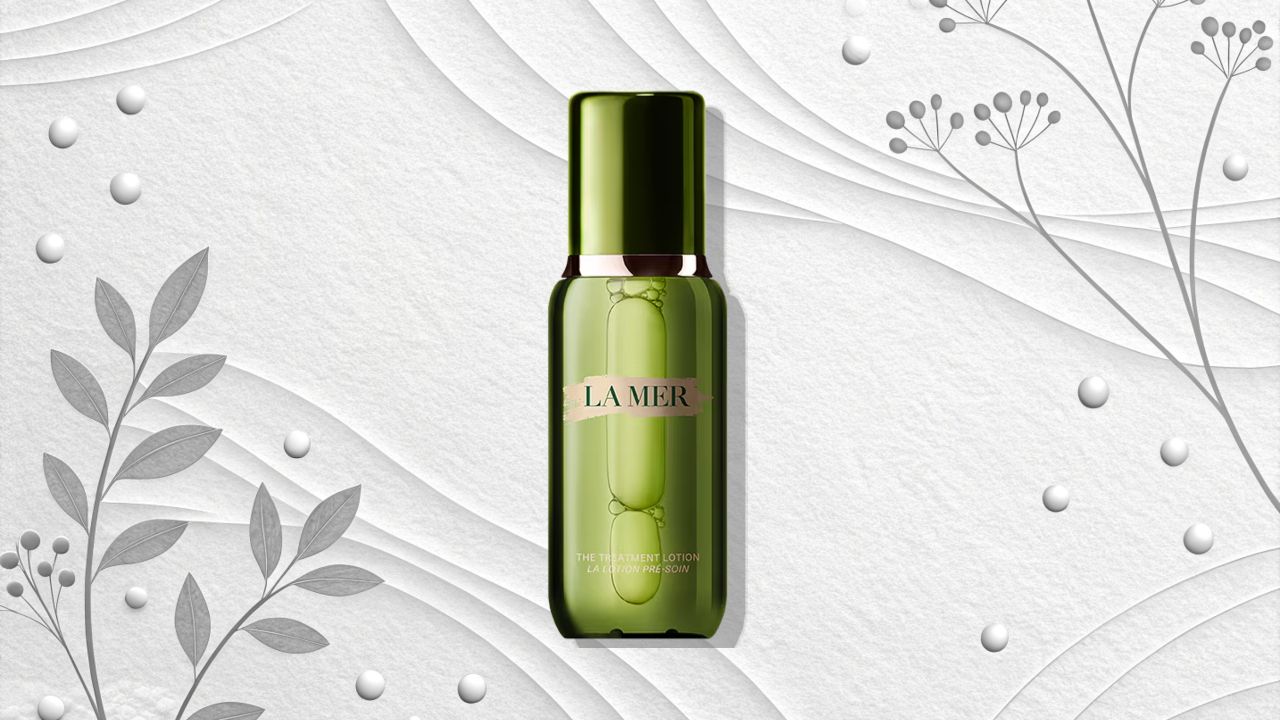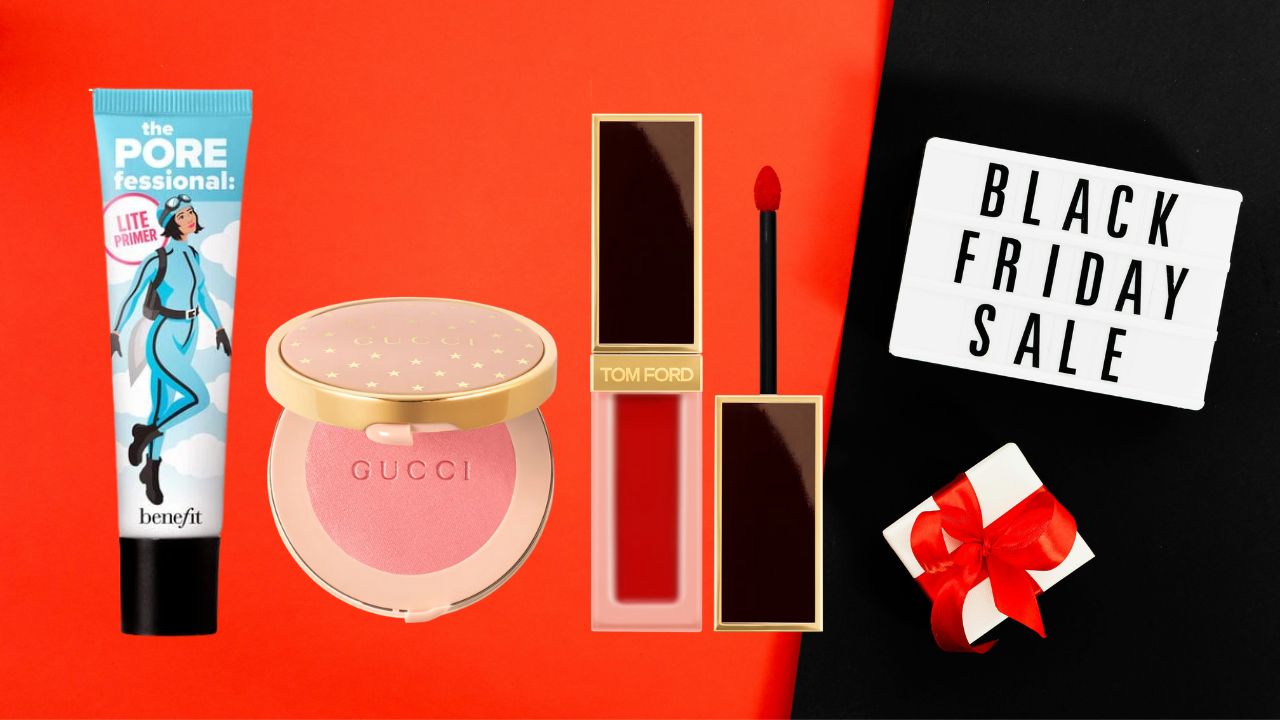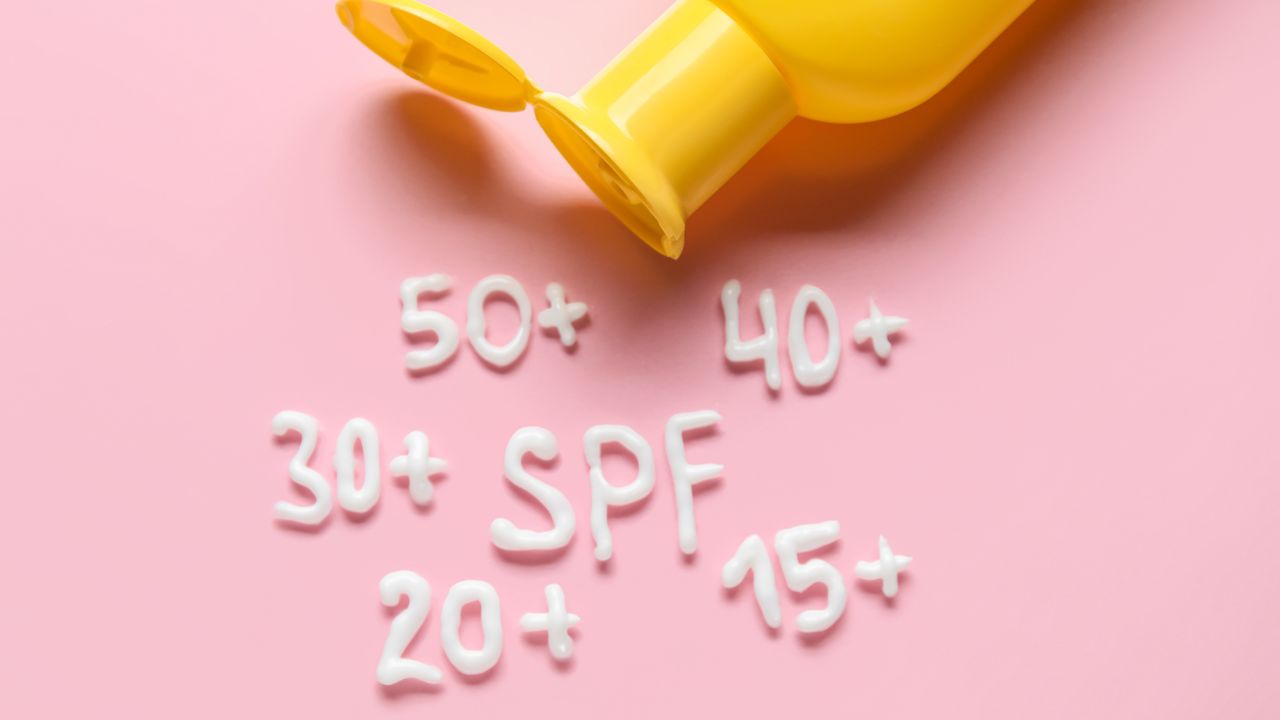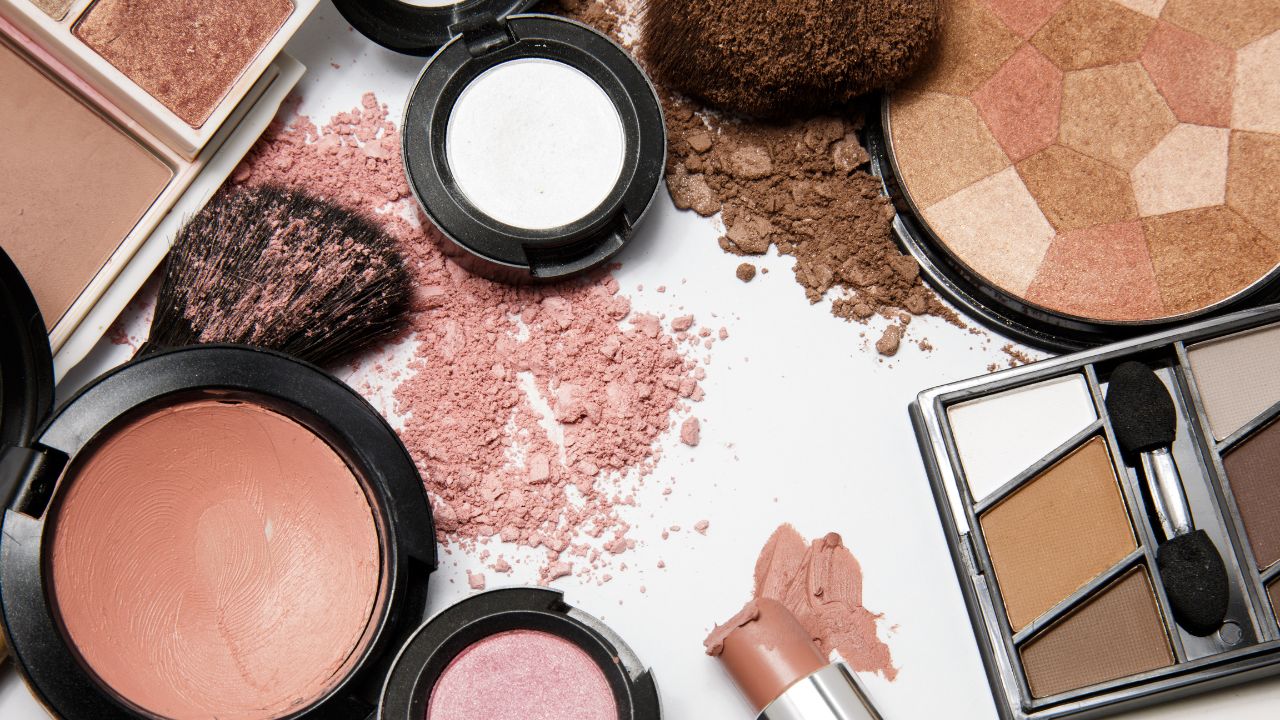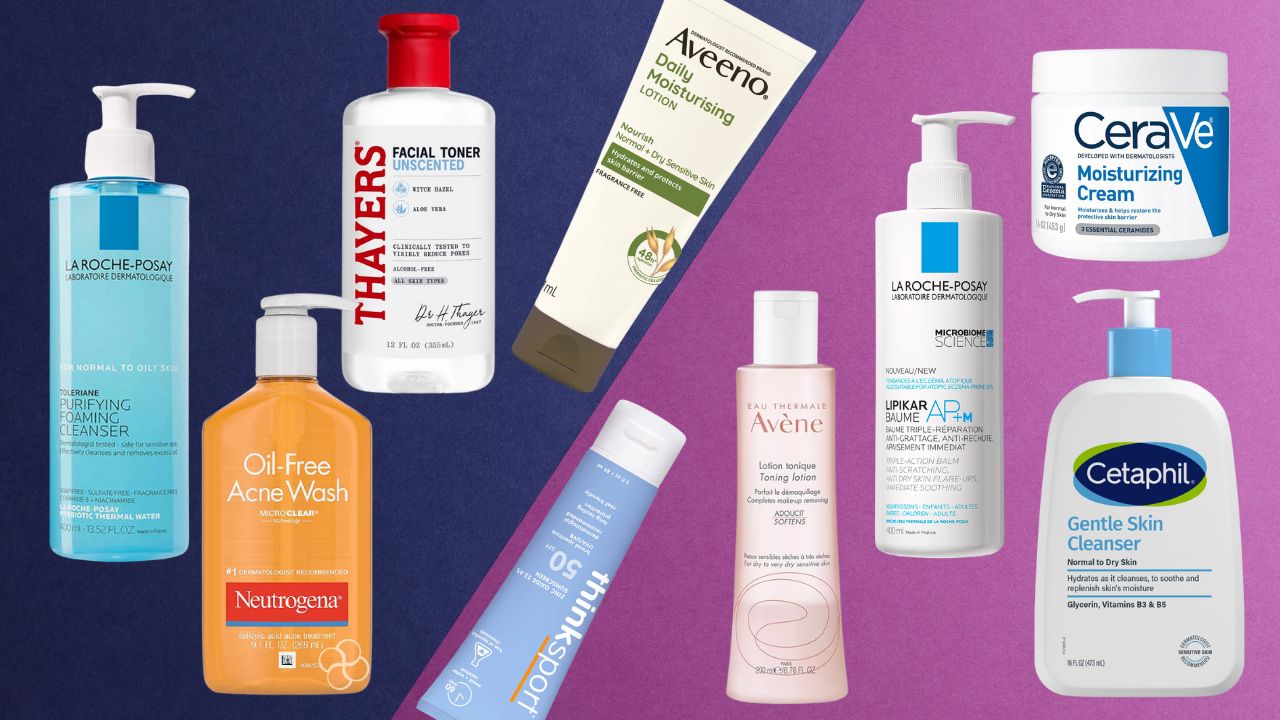Blog
Home / Origins & History of Perfume / Ancient Egypt: Origin of Perfumes
Categories
Recent Posts
- Which Day Has the Best Beauty Deals? Your Complete Guide to Shopping Smart in 2025
- Cupids Cologne Review: Does This Pheromone Fragrance Really Work? An Honest 30-Day Test
- Black Friday Aftershave Deals & Buying Guide 2025: Expert Tips for Smart Shopping
- How to Wear Red Lipstick: Expert Tips for Perfect Application and Long-Lasting Wear
- How to Do Eye Makeup Like a Pro: Step-by-Step Guide for Smokey Eyes, Big Eyes & More
Perfume, a cherished luxury product and a source of sensual pleasure has been around for millennia. As strange as it is to believe, perfumes have existed for 5,000 years at the very least. The discovery of perfume usage can be traced back to the hieroglyphics in Egyptian tombs which depicted Ancient Egyptians and Mesopotamians creating perfume from 3,000 BC onwards. Sumerians, a civilization in Mesopotamia, began trading perfumes which which served to popularize fragrance further in Egypt. It is no surprise that Egyptians turned out to be the bigger consumers of perfume. In fact, it would be fair to say that they are the ones responsible for paving the way towards modern perfume.
How did the ancient Egyptians make perfume?
As per available historical records, Egyptian priests began using aromatic resins to make the fragrance of sacrificial offerings sweeter and more appealing. They believed that burning incense made the deities happy. Egyptians soon found fragrance percolating into every other aspect of their lives. Their handmade perfumes required different plants, flowers, and wood fragments, coupled with fats or oils. Linseed, moringa sesame, and castor oils were common ingredients in their perfumes. To perfect their craft further, some used almond extracts and olive oil in their perfumes to heighten the quality and pungency of their creations. Resins like turpentine and benzoin are featured in scents. Ancient Egyptians used a technique called enfleurage to make their perfumes. Its knowledge was passed on orally to keep the method as exclusive as possible.
How did the ancient Egyptians use perfume for divine reasons?
In the beginning, perfumes were primarily associated with a ‘mystical’ function. They were commonly found in temples where they served as a gift to the divinities. Scented mixtures were lit to maintain a fragrant atmosphere at all times. The statues of the divinities were also rubbed with scented pomade to pay respect. Funerary rites in ancient Egypt involved the bodies being embalmed so they could enjoy eternal life. Furthermore, Egyptian Pharaohs were often entombed with fragrances. When archaeologists opened these tombs in the late 1800s, they could smell the original, sweet aroma. Many other important figures in Egyptian history were also buried with scented oils to ensure that their olfactory needs were always satisfied.
What other purpose did perfumes serve?
Ancient Egyptians also used perfume for its therapeutic abilities. Megalion and Theriaque were commonly used for aromatherapy. However, the overwhelming reason behind perfume usage was their vested interest in appearance and cleanliness. Often considered a symbol of moral purity, perfumes were a must for those in higher social standing.The perfume was also known for its ability to seduce both men and women. In fact, Cleopatra was known to relax in scented baths before perfuming herself with bitter almond oil, cinnamon, and myrrh.
What do we know about the legendary Kyphi?
Kyphi, the first eau de toilette, blended 16 primary ingredients, including myrrh, resin, wine, honey, sweet rush, raisins, and juniper. Kyphi appeased the Gods every night. Other popular perfumes included Mendesian, made with myrrh and cassia, Susinum, a concoction of lily, myrrh, and cinnamon and Rhondinium, the love perfume made with roses.
Do we still use ancient Egyptian’ perfume ingredients?
Surprisingly, yes. Jasmine, frankincense resin, Nile lotus, myrrh, and lilies were commonly used in perfumes by the Egyptians. Modern perfumery continues to use these ingredients. Has history has repeatedly shown, even the strongest empires can fall. Egypt started its decline after 1100 BC, and it was the Romans continued to contribute to the history of fragrances. Read our article on Roman History of Perfumes.
Related posts
Which Day Has the Best Beauty Deals? Your Complete Guide to Shopping Smart in 2025
Every beauty enthusiast faces the same dilemma: when should I buy beauty products to get the absolute best beauty deals without sacrifi...
Cupids Cologne Review: Does This Pheromone Fragrance Really Work? An Honest 30-Day Test
The world of pheromone colognes has exploded in recent years, with countless brands promising everything from instant attraction to mag...
Black Friday Aftershave Deals & Buying Guide 2025: Expert Tips for Smart Shopping
Black Friday 2025 presents the perfect opportunity to upgrade your post-shave skincare routine without breaking the bank. Whether you'r...
How to Wear Red Lipstick: Expert Tips for Perfect Application and Long-Lasting Wear
Nothing makes a statement quite like a bold red lip. It’s the ultimate power move—elegant, timeless, and undeniably captivating. Red lipstick has historically been a symbol of courage and defiance, empowering wearers through generations. But let’s be honest, wearing red lipstick can feel genuinely intimidating. What if it smudges? What if it bleeds? What if you choose the wrong shade for your complexion?
How to Do Eye Makeup Like a Pro: Step-by-Step Guide for Smokey Eyes, Big Eyes & More
This beginner-friendly guide will walk you through every step—from choosing the right brushes to perfecting your crease and liner. No jargon, no pressure—just clear, practical tips that help you create looks that highlight your eyes and express your style.
How to Use Toner: A Step-by-Step Guide for Flawless Skin
In this expert-backed guide, we’ll show you exactly how to use toner the right way, ensuring you get maximum skin benefits while avoiding common mistakes. Let’s dive in!
Essential Body Care Routine for Oily Skin: 7 Smart Steps for a Balanced, Happy Glow
With the right body care routine, tailored specifically for oily skin, you can find that perfect sweet spot between a healthy glow and unwanted greasiness. And no, you don’t need a crazy 12-step ritual or a celebrity facialist. Just a few smart product swaps, some know-how about ingredients, and a little consistency.
La Mer The Treatment Lotion: How to Use It to Soothe Sensitivity and Redness
Let’s talk about La Mer The Treatment Lotion—what it is, how to use it, and how it fits into a full La Mer ritual that helps reduce redness, restore hydration, and calm sensitivity like a pro.
The Best Makeup Products to Invest In During Black Friday 2025: Investment Pieces Worth Every Penny
Black Friday 2025 is coming November 28th, and if you're a beauty enthusiast looking to upgrade your makeup collection without breaking...
Understanding SPF: How to Choose the Best Protection for Your Skin
The undeniable truth is, UV damage affects everyone—regardless of skin tone, prevailing season, or whether you’re spending your entire day indoors or outside. If you’re unsure which SPF you should be consistently using or precisely how often to reapply it, you are certainly not alone. Let’s systematically break down all these essential aspects so you can confidently safeguard your delicate skin every single day.
Makeup Essentials: Must-Have Products for Every Beauty Routine
Whether you’re a complete beginner or seeking to streamline your current collection, this definitive guide deconstructs the indispensable products for a well-rounded, everyday cosmetic regimen. No gimmicks, no excess—just practical, proven selections that elevate your look without cluttering your vanity. This article aims to empower you to create a core, versatile kit.
The Best Pregnancy-Safe Skin Care Products: Top Picks for Expecting Mothers
Navigating the world of skincare during pregnancy can be daunting, with countless products and ingredients to consider. But fear not! We’ve curated a list of the best pregnancy-safe skincare products to keep you glowing and ensure both you and your baby remain safe.
Comments


